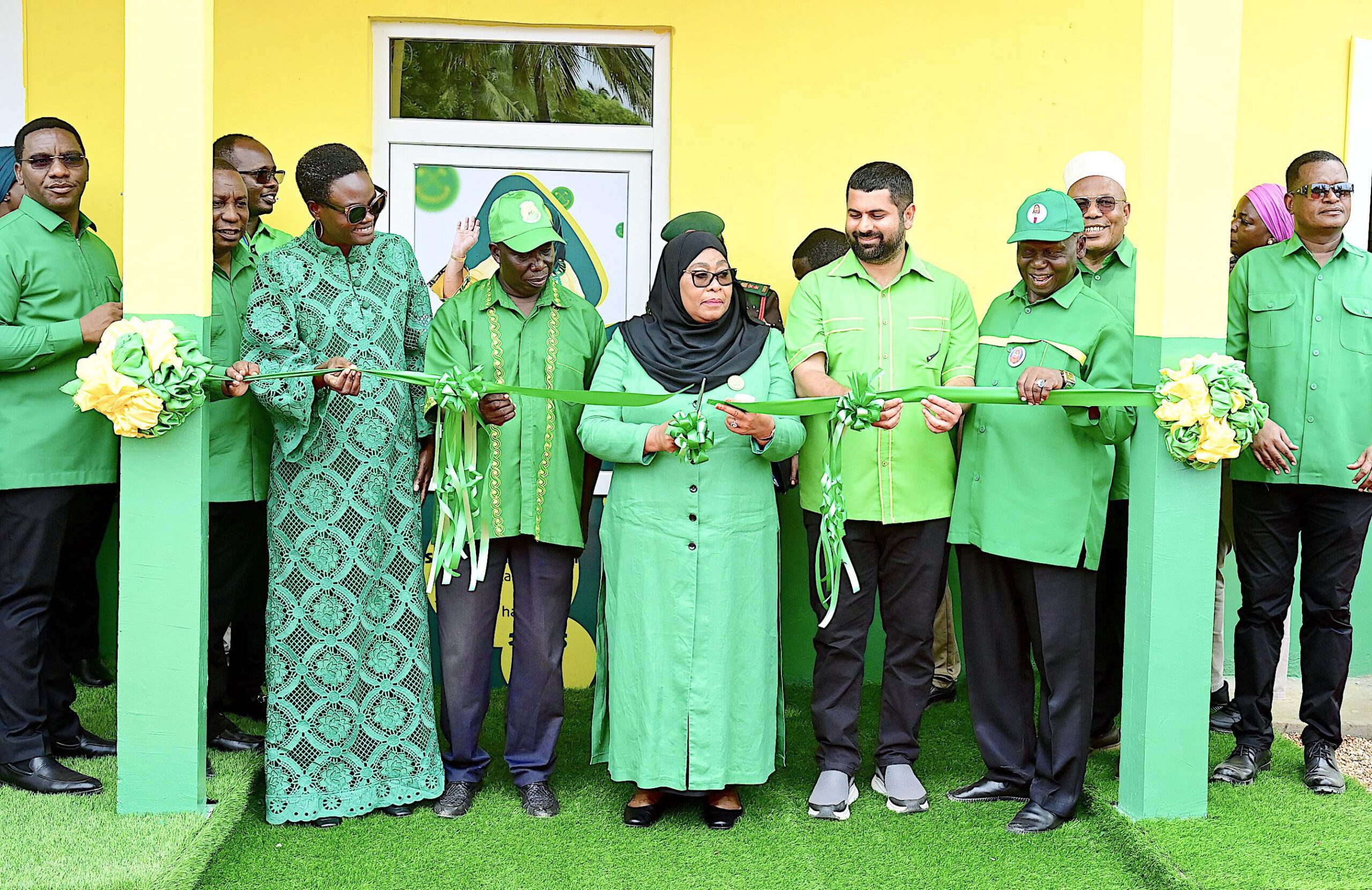
Why there aren’t enough women in leadership roles or candidate lists in Tanzanian political parties
Tanzania allocates 30% of its parliamentary seats for women, in accordance with international political trends. In reaction to the low percentage of women elected to positions of authority, multiparty politics introduced these so-called special seats in 1992.
Following the first round of multiparty elections in 1995, there were just eight elected female members of parliament. Ten years later, 17 women—or 7% of the legislative seats—were elected to the parliament. In the general elections of 2020, women comprise 37.4% of the legislature.
But out of the 264 constituencies, only 27 women (10.2%) were elected directly.
Women’s representation has increased thanks to special seats. This has made it possible for a few “gender sensitive” laws to be passed.
But, there is no foolproof way to achieve gender parity in political representation overall without using the special seats system.
Although political parties have complied with the law in order to nominate women for special seats, questions remain regarding the parties’ internal commitment to increasing the number of women serving in politics.
I recently conducted a study to determine if the major political parties actively worked to expand the number of women in their candidate lists and internal leadership roles. Specifically, I looked at whether voluntary gender quotas in their constitutions went beyond meeting the requirements of national statutes.
I discovered that women’s rights to representation, as guaranteed by national laws and international and regional treaties, were acknowledged in the constitutions of both parties. However, these pledges essentially begin and end with the formation of a women’s wing. At the national and local levels of the parties, men predominate in the decision-making bodies.
There has never been a woman among the six primary national leaders of Chama cha Demokrasia na Maendeleo, also known as Chadema, since the party’s founding in 1992. In 2021, the Revolutionary Party, Chama Cha Mapinduzi, appointed its first female national chair and its first female deputy general secretary-mainland only. 44 years have passed since the party’s formation in 1977.
Tanzania appears to have made progress toward more female representation. One of the few female presidents to have served the African continent is Samia Suluhu Hassan. However, it is not how the CCM constitution is written. On March 17, 2021, President John Pombe Magufuli unexpectedly passed away while in office, leaving the position vacant. At that time, Suluhu became Tanzania’s first female president after serving as its vice president.
In accordance with party tradition, which states that the president leads the party, she was chosen to serve as CCM’s chair.
Christina Mndeme also served as the mainland deputy general secretary for around two years. She was the first female employee in such role.
The constitution of CCM does not include gender representation, hence the advancement was fleeting.
CCM decision-makers: Following the December 2023 internal elections, which were overseen by Suluhu, the proportion of women among CCM’s six national party leaders fell to one (16%) from two (33%) in 2021 to December 2022.
The two major political parties’ national institutions demonstrate their lackluster commitment to women’s participation. Currently, the proportion of women in the national executive committee (23%) and central committee (25%) as well as the national general assembly (28%) and secretariat (16%) is higher.
Decision-makers at Chadema: Following the party’s 2019 election, women made up 10% of the national convention of Chadema.
Merely 8.6% of the governing council, 15.6% of the central committee, and 10% of the national secretariat are comprised of female members.
With 16–28 percent of women in important decision-making organs, CCM seems to be ahead of Chadema (8–15 percent). However, neither party has yet to reach the 30 percent critical mass threshold set forth in the 1995 Beijing Declaration and Platform for Action.
Additionally, they far fall short of the 50/50 male and female representation mandated by regional and international accords.
In a similar vein, neither the CCM nor the Chadema constitutions specify any numerical female representation targets for choosing their leaders or nominating candidates for municipal and national elections.
At the moment, just 10.5% of party secretaries general and 10.5 percent of party chairpersons among the 19 registered political parties are women. In the general election of 2020, women comprised 9.2 percent of all candidates for all seats.
Similar events occur at lower echelons of the party decision-making process. In important departments, advisory councils, and boards of trustees, women make up a tiny minority.
There are eight members and a chair on the CCM board of trustees. There was just one woman there when I conducted my poll. With equal representation of three men and three women, Chadema performs better on this metric. The party’s constitution is blank on the gender makeup of the board of trustees, therefore this is both voluntary and transitory.
The advisory council of CCM is made up of past presidents who have traditionally chaired CCM on both the Mainland and Zanzibar. Former deputy chairs of national parties are also on the council. The advisory council for CCM has been made up entirely of men since the council’s founding in 1977.
Lastly, the same bias is revealed by departmental representation. Men lead four of CCM’s five departments. All four of Chadema’s departments, or directorates, are led by men.
The evidence that was available indicated that women were underrepresented in the lower administrative layers of both parties, despite the challenges in getting data.
In accordance with the legislation governing political party activities, CCM, Chadema, and other political parties must voluntarily implement gender quotas for leadership roles and candidate lists due to the low percentage of women’s representation.
As an alternative, the legislation controlling political party activities ought to specify the numerical targets for gender representation in leadership roles, committees that make decisions, and candidate lists, together with incentives and sanctions.
All Categories
Recent Posts
Tags
+13162993331
zoneyetu@yahoo.com



